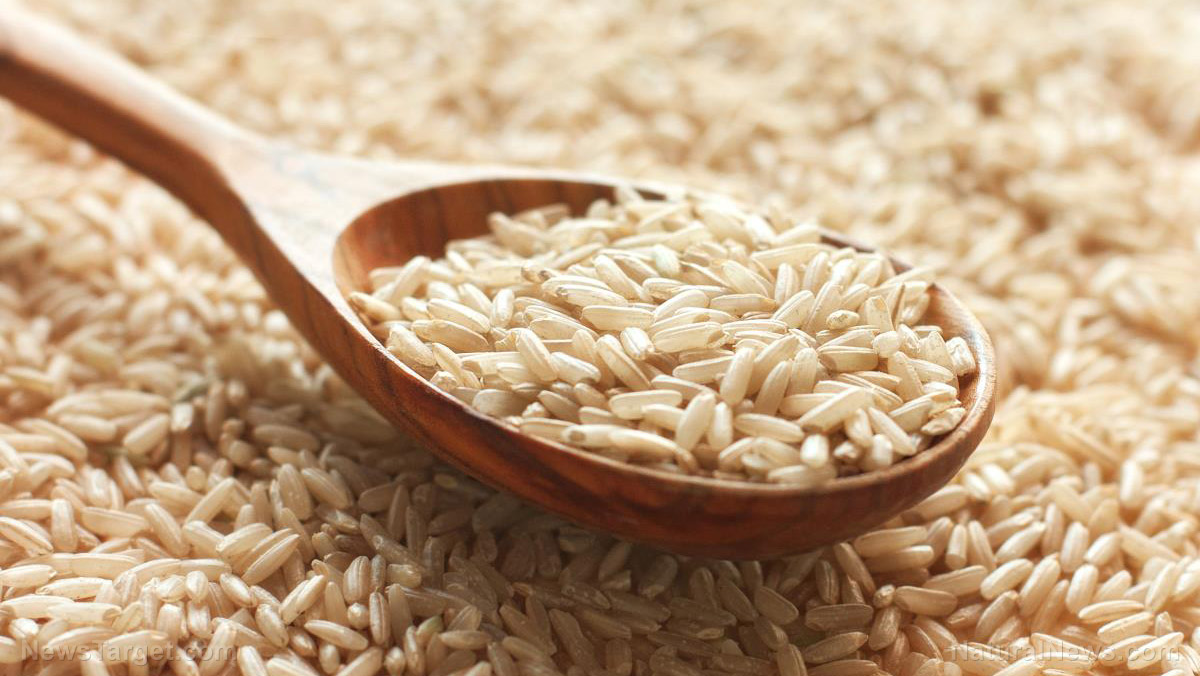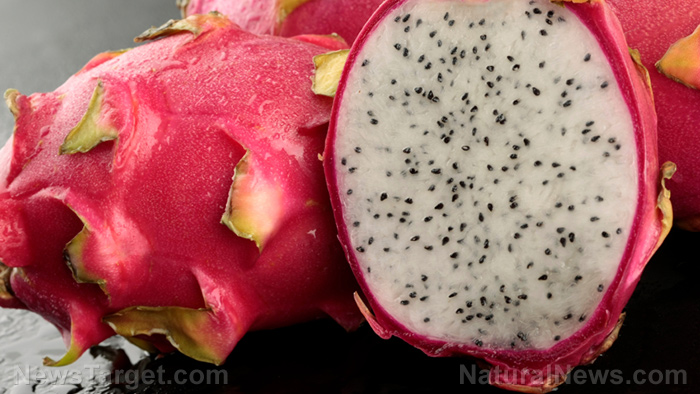Nuts for better brain health: Study reveals snacking on nuts during pregnancy can help improve brain development in children
10/31/2019 / By Ralph Flores

Researchers from the Barcelona Institute for Global Health found that pregnant women who consume a nut-rich diet get all of its heart-healthy benefits – and then some. In their study, which was published in the European Journal of Epidemiology, the team noted that a maternal diet rich in nuts during the first trimester of pregnancy could improve a child’s brain development.
For the study, the team gathered data from over 2,200 mother and child pairs who were part of the INMA Project – a cohort study that investigated associations between pre- and post-natal environmental exposures and their impact on the growth and development of children. They enrolled pairs from four provinces in Spain (Asturias, Guipuzcoa, Sabadell, and Valencia), and used questionnaires to obtain information about their eating habits. The participants were asked to complete these on the first and last trimesters of their pregnancy. Researchers then assessed the children’s neuropsychological development 18 months, five years, and eight years after birth.
The findings revealed that mothers who ate more nuts during their first trimester of pregnancy had children who scored the highest on tests that measured cognitive function, attention capacity, and working delivery.
“This is the first study to explore the possible benefits of eating nuts during pregnancy for the child’s neurodevelopment in the long term,” explained first author Florence Gignac. “The brain undergoes a series of complex processes during gestation and this means that maternal nutrition is a determining factor in fetal brain development and can have long-term effects.”
The researchers mainly looked at certain nuts – walnuts, almonds, peanuts, pine nuts, and hazelnuts. They noted that these nuts contain high levels of folic acid, as well as essential fatty acids like omega-3 and omega-6.
“These components tend to accumulate in neural tissue, particularly in the frontal areas of the brain, which influence memory and executive functions,” she added.
The team also noted that “high consumption” is attainable for all groups. The mothers who reported the highest consumption of nuts in the study ate just under three 30-gram servings of nuts, which is lower than the average weekly recommendations set forth by the Spanish Society of Community Nutrition at between three and seven servings per week. In the U.S., the American Heart Association recommends eating four servings of unsalted nuts a week. For Gignac and her team, they believe eating the recommended weekly average could yield more significant benefits for both mother and child.
Other health benefits of nuts
Nuts are the perfect snack food: They’re flavorful, convenient, and can be shared with anyone – regardless of their diets.
They’re also loaded with a lot of health benefits. Here are just some of them.
- They’re rich in antioxidants. Nuts boast an impressive antioxidant profile, which helps fight oxidative stress, thereby decreasing the risk for chronic illnesses. Multiple studies have shown that walnuts and almonds significantly reduce oxidative damage. In another study, participants who ate whole pecans had their “bad” cholesterol levels drop by up to 33 percent. (Related: Eating Nuts Greatly Reduces Your Risk of Heart Attack and Cancer.)
- They reduce the risk of Type 2 diabetes. Nuts are low-carb foods and don’t increase a person’s blood sugar levels. This benefit makes them great substitutes for other higher-carb foods that can lead to diabetes. Eating nuts can also lower the risk of blood pressure and other biomarkers for Type 2 diabetes. A controlled study showed that people with metabolic syndrome (a precursor for diabetes) experienced a nine percent decrease in blood sugar after adding pistachios in their diet.
- They have potent anti-inflammatory properties. While inflammation is a normal immune system response to fight infection, chronic inflammation can lead to organ damage and increased risk for diseases. Studies have shown that adding more nuts to a diet can reduce inflammation and even lead to healthy aging.
Nuts are indeed one of nature’s healthiest foods, but it also pays to eat them in moderation. For all their health benefits, eating too much can lead to adverse effects. Finally, those suffering from nut-related allergies should seek the advice of their healthcare provider before adding nuts to their diet.
Read FoodScience.news for more reports on the science of healthy food.
Sources include:
Tagged Under:
RECENT NEWS & ARTICLES
COPYRIGHT © 2017 SUPERFOODS NEWS



















